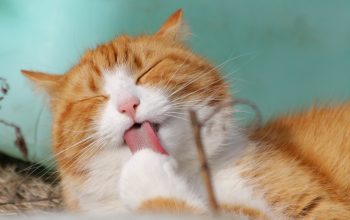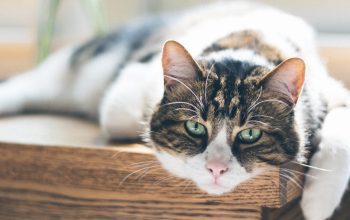In the enchanting feline world, where graceful whiskers and mesmerizing purrs reign supreme, one question looms: What truly constitutes the purr-fect diet for our beloved furry companions? Join us on a fascinating journey as we delve into the mysterious realm of cat nutrition, seeking to unravel its enigmatic secrets. Behind those discerning eyes lies a world of nutritional needs, preferences, and instincts that shape their well-being. Brace yourself, for we are about to embark on an adventure that will take us from the depths of a meowing cat’s stomach to the soaring heights of feline health and vitality. Welcome to “.
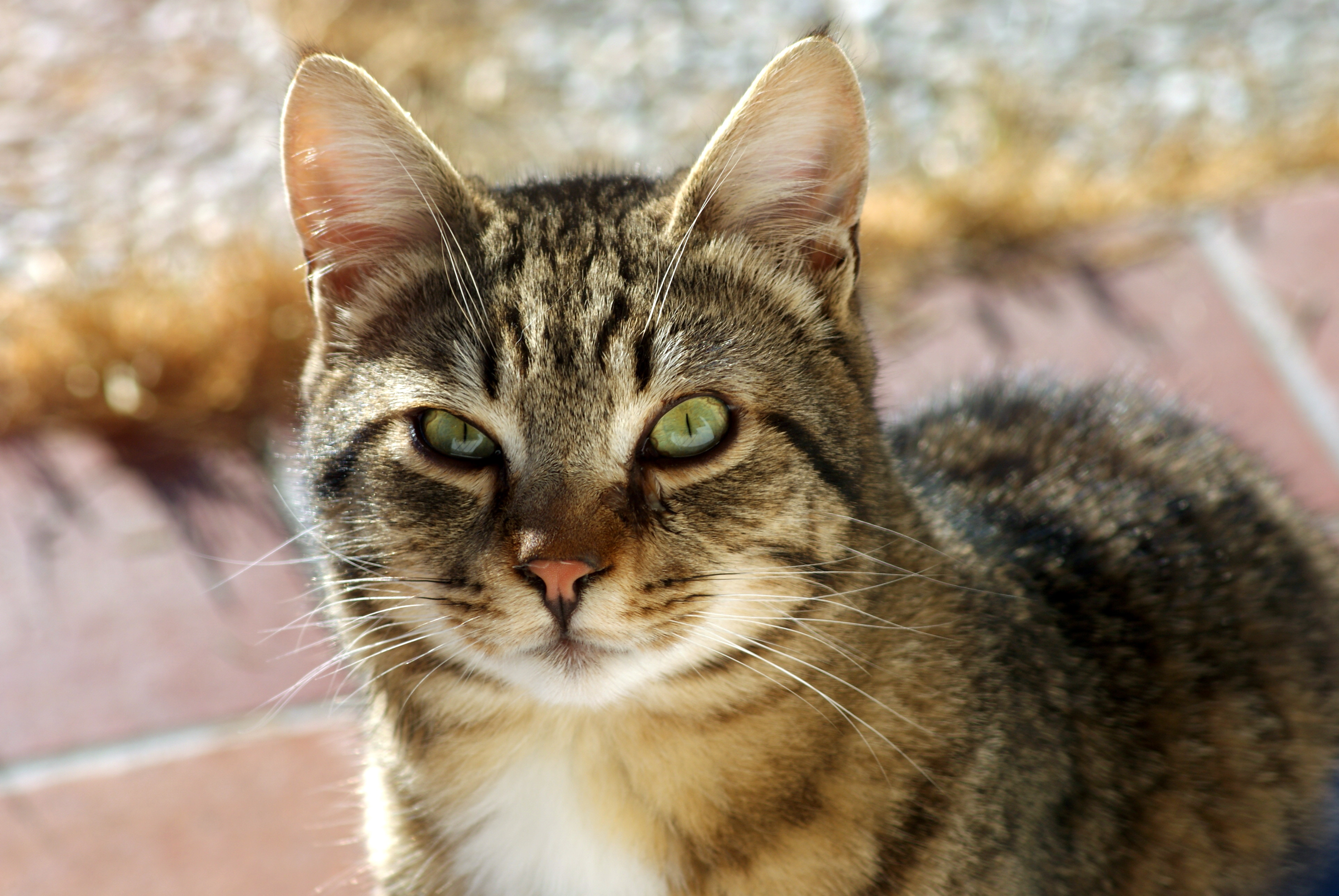
Understanding the Unique Nutritional Needs of Cats
When it comes to keeping our feline friends healthy and happy, understanding their unique nutritional needs is paramount. Cats are obligate carnivores, meaning they require a diet primarily composed of animal protein. Unlike humans and dogs, they are unable to efficiently convert plant-based nutrients into essential ones. Therefore, it is crucial to provide them with a diet that meets their specific dietary requirements.
Cats need certain nutrients to thrive, and here are some key factors to consider when choosing their diet:
- Protein: As obligate carnivores, cats require high levels of protein to support their overall health. This helps maintain strong muscles, healthy skin, and a shiny coat.
- Taurine: Taurine is an essential amino acid that cats cannot produce on their own. It plays a crucial role in their vision, heart function, and reproductive health.
- Water: Cats have a low thirst drive, so they rely on their food to provide sufficient moisture. Including wet food in their diet helps prevent dehydration and supports optimal kidney function.
- Essential Fatty Acids: Omega-3 and Omega-6 fatty acids are vital for a cat’s immune system, skin health, and coat quality. They also help reduce inflammation and promote brain function.
By understanding and meeting the unique nutritional needs of our feline companions, we can ensure they lead a long and healthy life. Consulting with a veterinarian will help in selecting the right diet and providing all the essential nutrients our beloved cats require.
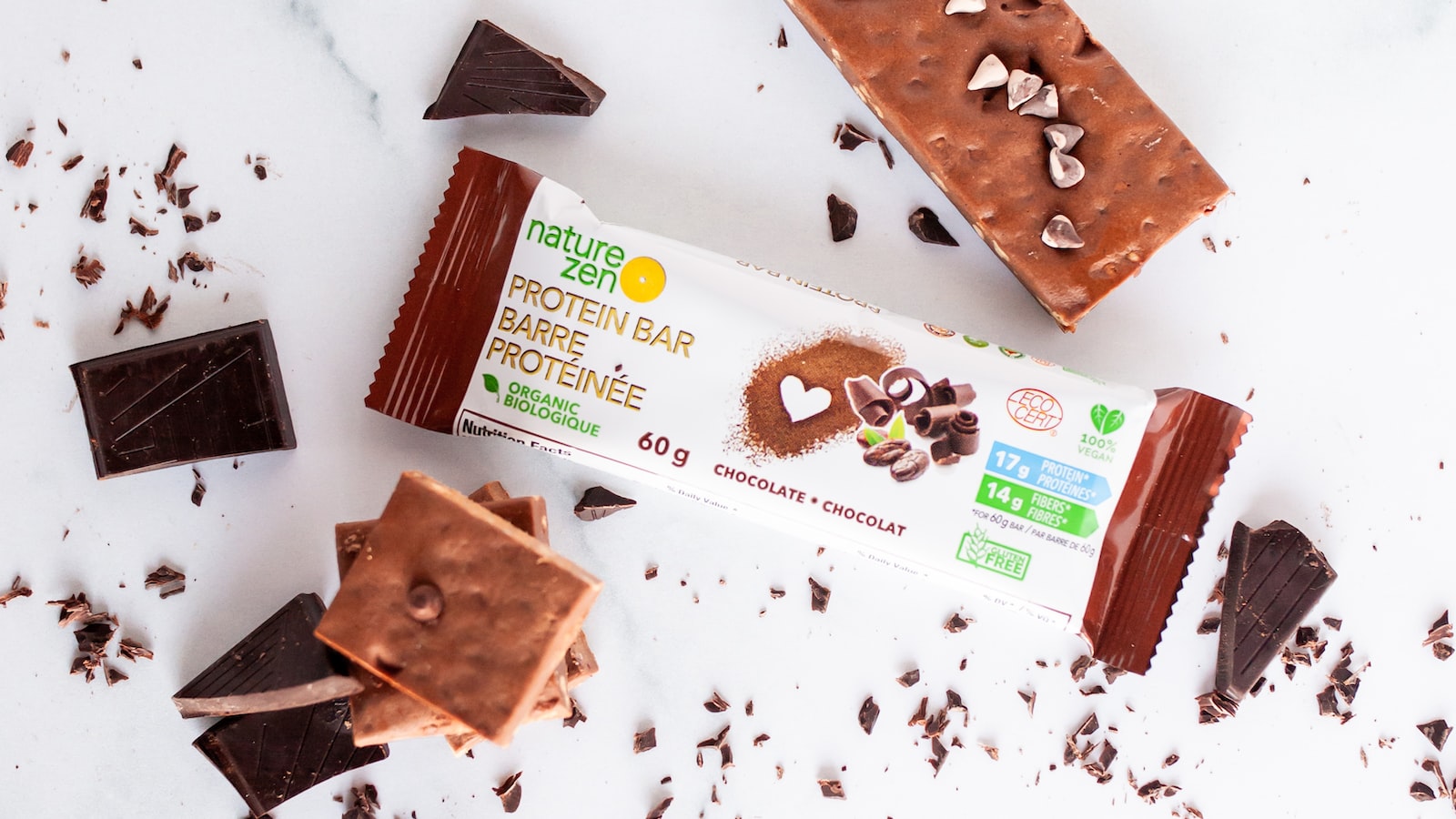
Decoding the Essentials: Proteins, Fats, and Carbohydrates for Feline Health
Proteins: The Building Blocks of Feline Health
When it comes to the health of your feline companion, proteins play a crucial role. They are the true superheroes, as they act as the building blocks for your cat’s body. Proteins are essential for muscle development, tissue repair, and even the production of hormones and enzymes.
- Complete vs. Incomplete Proteins: It’s important to ensure that your furry friend receives a balanced diet that includes both complete and incomplete proteins. Complete proteins contain all the essential amino acids that a cat’s body cannot produce on its own, while incomplete proteins lack a few of these amino acids.
- High-Quality Protein Sources: Opt for protein sources like lean meats (chicken, turkey, fish), eggs, and dairy products, as they are not only highly nutritious but also easily digestible for your feline friend.
- Protein Requirements: The protein requirements for cats may vary depending on their age, weight, and activity level. Consult with your veterinarian to determine the optimal protein intake for your cat’s overall health and well-being.
Fats: The Energizers and More
Contrary to popular belief, fats are not always the villains. In fact, fats are vital for proper feline health, providing them with a concentrated source of energy and assisting with the absorption of essential vitamins. However, it’s important to choose the right kind of fats to keep your feline friend in tip-top shape.
- Essential Fatty Acids: Omega-3 and omega-6 fatty acids are necessary for a strong immune system, a healthy coat, and optimal brain function in felines. Incorporate fatty fish (salmon, mackerel), flaxseed, and soybean oil into your cat’s diet to boost their intake of these essential fatty acids.
- Watch Out for Excess: While fats are important, moderation is key. Excessive fat intake can lead to obesity and related health issues in cats. Keep a close eye on portion sizes and consult with your veterinarian to determine the appropriate fat intake for your feline companion.
The Role of Vitamins and Minerals in Your Cat’s Balanced Diet
Vitamins and minerals play a crucial role in ensuring that your cat maintains a balanced diet and optimal health. These essential nutrients work together to support various bodily functions and help prevent deficiencies or health issues.
When it comes to vitamins, cats require both fat-soluble and water-soluble varieties. Fat-soluble vitamins, such as vitamins A, D, E, and K, are stored in your cat’s body fat and are necessary for maintaining healthy vision, bones, immune system, and blood clotting. On the other hand, water-soluble vitamins, including vitamin C, B-complex vitamins, and biotin, are not stored in the body and must be obtained through a well-balanced diet. These vitamins aid in energy production, growth, and the proper functioning of the nervous system.
- Vitamin A: Supports eye health and plays a vital role in your cat’s growth and development.
- Vitamin B-complex: Helps in the production of energy and supports proper brain and nervous system function.
- Vitamin D: Essential for calcium absorption, promoting healthy bones and teeth.
Minerals are equally important for your cat’s well-being. They provide structural support, aid in enzymatic reactions, and maintain fluid balance in the body. Some key minerals that should be a part of your cat’s diet include:
- Calcium: Essential for healthy teeth, bones, and muscle function.
- Phosphorus: Works with calcium to promote strong bones and teeth, as well as being crucial for cellular energy production.
- Iron: Ensures proper oxygen transportation and supports red blood cell production.
Ensuring that your cat’s diet is rich in essential vitamins and minerals is pivotal for their overall health and longevity. While commercial pet foods often contain sufficient amounts of these nutrients, it’s essential to consult with your veterinarian to determine if any additional supplements are needed to meet your cat’s specific requirements.
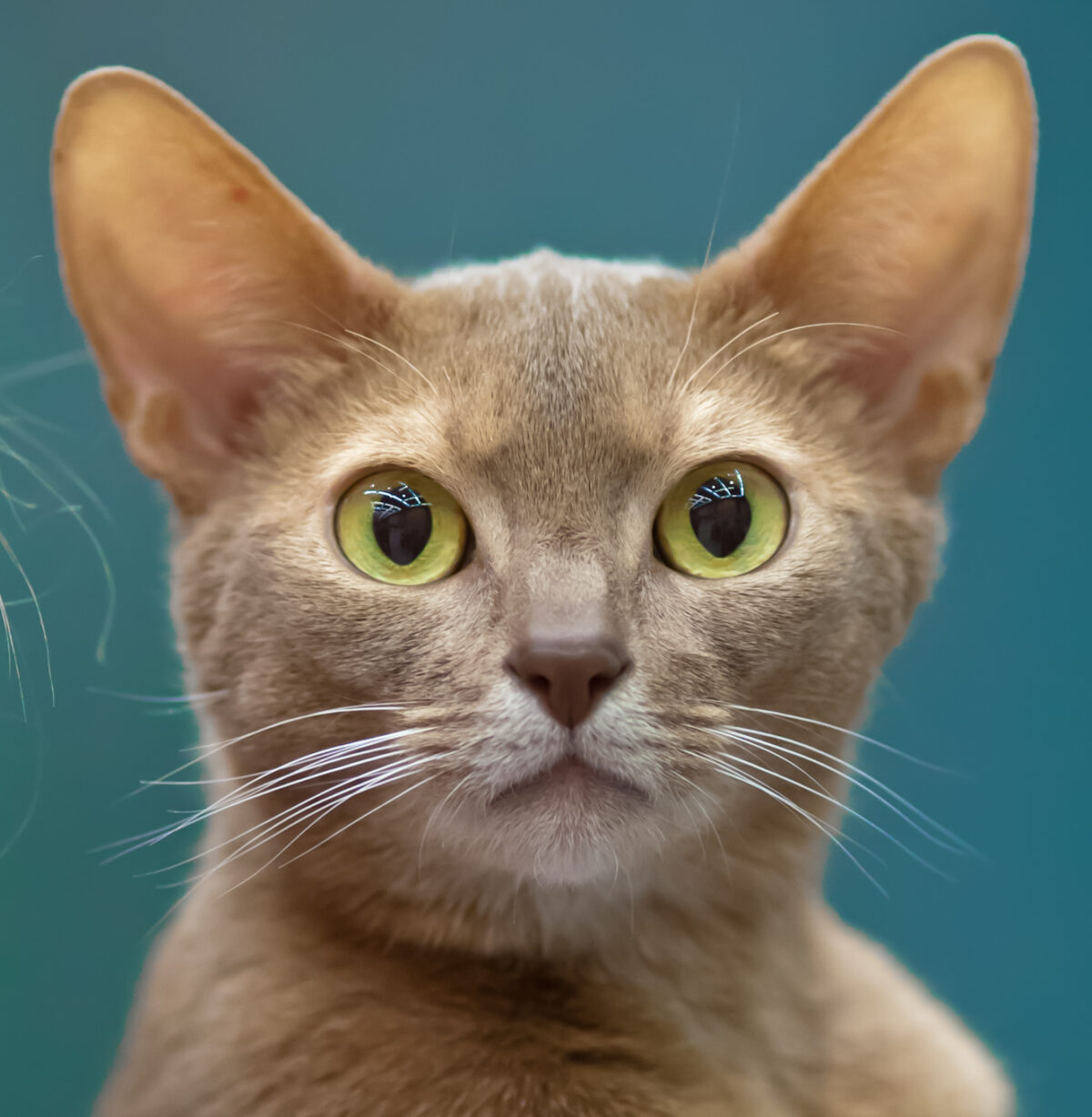
Tailoring the Diet: Expert Recommendations for a Healthy Feline Lifestyle
When it comes to feeding your feline friend, adopting a tailored diet can make all the difference. Cats have unique dietary needs that should be fulfilled to ensure a healthy and happy lifestyle. Here are some expert recommendations to keep your furry companion thriving:
- Balance is key: A well-balanced diet is essential for your cat’s overall health. Ensure that their meals consist of adequate amounts of protein, fats, and carbohydrates. Protein should be the primary component, with sources such as chicken, fish, or turkey being highly beneficial for their muscle development.
- Avoid fillers: It’s important to steer clear of fillers that provide little nutritional value. These can include corn, wheat, or soy. Opt for premium quality cat food that is free from artificial additives and grains.
- Hydration is a must: Cats often struggle with consuming enough water, which can lead to urinary tract issues. Incorporate wet food into their diet, as it provides necessary hydration and aids in maintaining their urinary health.
Creating a tailored diet for your feline companion can help promote energy, longevity, and overall well-being. Remember to consult with your veterinarian to understand specific dietary requirements based on your cat’s age, weight, and any existing health conditions. With proper nutrition, you can provide your furry friend with the foundation for a vibrant and healthy life.
The Conclusion
As we conclude this whimsical journey down the feline feeding path, we find ourselves humbled by the ever-elusive nature of cat nutrition. Throughout this exploration, we have ventured deep into the labyrinth of mysteries surrounding our furry companions’ dietary needs, seeking to decipher the code behind the purr-fect diet.
From ancient tales of majestic Egyptian felines, revered for their divine connections, to the modern scientific advances of today, the enigma of cat nutrition has both fascinated and confounded us. It is a realm where whispers of ancestral instincts mingle with the complexities of scientific research, leaving us with a puzzle that seems to morph and transform with every passing whisker.
Our quest began with the tantalizing aromas of gourmet cat foods, promising nutrition fit for a king. Yet, as we journeyed further, we discovered the importance of balance and variety, as nature herself whispered secrets known only to the wildest of feline ancestors. It is a delicate dance, this interplay between ancestral instincts and the advancements of modern nutrition, a tightrope we must tread carefully to appease our beloved feline companions.
We unraveled the cloak of mystery shrouding the protein conundrum, understanding the paramount role it plays in a cat’s wellbeing. The revelations brought to light the importance of selecting high-quality sources, be they lean meats or carefully crafted feline food. Balance, it seems, is key, as a harmonious blend of nutrients provides the foundation for vitality and longevity.
But amidst the dance of proteins and vitamins, we stumbled upon the obstinate quandary of carbohydrates. These sneaky nutrients, once believed to be taboo for our obligate carnivore friends, revealed their potential to enhance certain aspects of feline health. Yet the shadows of caution still linger, reminding us of the individuality of each cat’s dietary requirements and the need for tailored nourishment.
In our search for the purr-fect dietary formula, one thing has become abundantly clear: the intricacies of feline nutrition demand vigilance. We are reminded to always consult the experts, be they dedicated veterinarians or the feline aficionados gracing the halls of online communities. They guide us through the labyrinth, offering wisdom to navigate the twists and turns, and ensuring our fur-kids’ well-being throughout this ongoing odyssey.
And so, as we bid adieu to the mysteries of cat nutrition, we find solace in the knowledge that our relentless pursuit of understanding has brought us closer to nurturing our feline friends at the highest level. May this knowledge carry us forward, assisting us as we unravel the complexities of this ever-evolving puzzle, ensuring the well-being of our whiskered companions for generations to come.
In the end, it is not perfection we seek, but rather the alignment of our efforts with the innate needs of our four-legged friends. And so, let us dive headfirst into this wondrous world of feline nutrition, forever cherishing the boundless love and joy our purring companions bring into our lives.
Cats have been a steady presence in human households around the world for centuries. Their adorable antics and independent nature have entranced us for generations. However, cats require more than just love and attention to remain healthy and happy. Proper nutrition is key to keeping them fit and energized. The question then becomes, what is “the purr-fect diet” for cats?
Cats are obligate carnivores, meaning they must consume a diet composed mainly of animal-based proteins to stay healthy. This begins with a high quality commercial cat food. Be sure to pay attention to the ingredients and look for products that are made with natural ingredients. Cat foods made with grains or vegetables are not ideal, as cats do not digest these types of food well. Additionally, cats require specific vitamins and minerals, like taurine, to remain in optimal health. Check the labels of your cat foods to make sure they contain these essential nutrients.
Cats also love variety. Although commercial cat foods should make up the majority of their diet, it is okay to give them a variety of treats, like freeze-dried meat or wet canned food. Of course, be sure to keep treats to a minimum to avoid obesity. Additionally, cats need access to clean, fresh water at all times.
Cats also have unique dietary needs depending on their age and health status. Senior cats, for example, tend to require more protein in their diets than younger cats. Kittens, on the other hand, need a diet higher in calories and fat due to their high activity levels. Additionally, a cat’s diet may also need to be adjusted if the cat has any underlying health conditions. In these cases, it is best to talk to your veterinarian before making any drastic changes to the diet.
In conclusion, it is essential that cat owners understand the basics of cat nutrition to ensure their cats remain healthy and happy. Make sure to only feed high quality commercial cat food that is specifically designed to meet the unique needs of cats. Additionally, keep treats to a minimum and adjust the diet as needed for any health, age, or developmental issues. By doing so, cats can enjoy a “purr-fect” diet that will help them lead happy, healthy lives.



